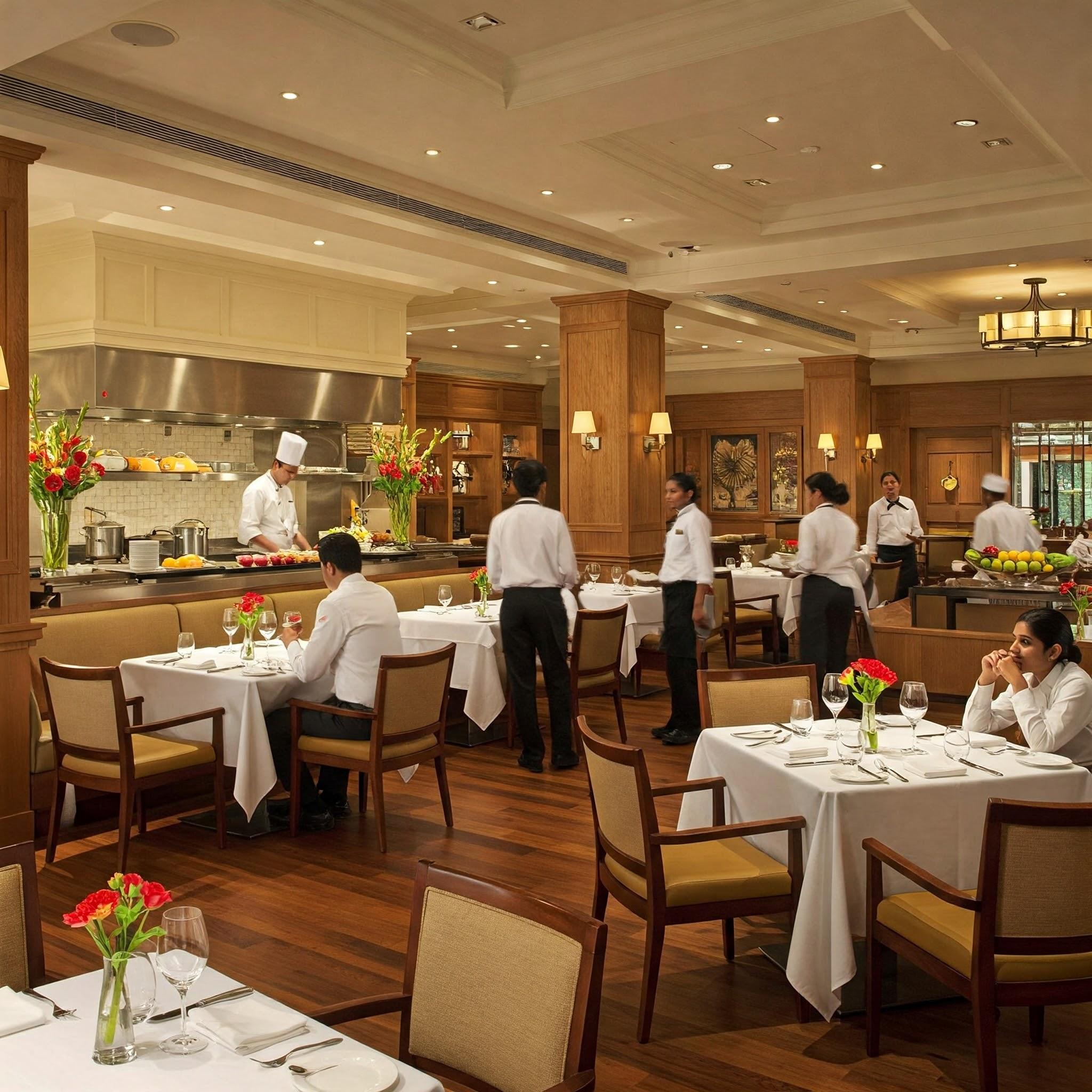Electrical System Design for Restaurants, Hotels, Bars, and Lodges: Essential Safety and Efficiency Guidelines

When it comes to hospitality spaces like restaurants, hotels, bars, pubs, and lodges, designing the electrical system is a crucial component of infrastructure planning. Safe Electrical Systems in Hospitality ensure a reliable power supply, prioritizing customer service, ambiance, and 24/7 operational needs.
From powering kitchen equipment to setting the mood with lighting, the electrical system must be safe, reliable, energy-efficient, and future-ready. Here are the key precautions and best practices to consider when designing an electrical system for hospitality spaces.
1. Prioritizing Safety in High-Risk Areas
Safety is non-negotiable, particularly in kitchens, bathrooms, and dining areas. Designers must install Ground Fault Circuit Interrupters (GFCIs) and Arc Fault Circuit Interrupters (AFCIs) to prevent electrical shocks and fire hazards. Proper insulation, emergency shut-offs, and protected wiring should be standard in all hospitality installations.
2. Improving Energy Efficiency to Save Costs
Energy bills in hospitality venues can be substantial. Implementing LED lighting, automated controls, energy-efficient kitchen appliances, and smart HVAC systems can drastically reduce energy consumption. Building automation systems and energy management platforms help maintain ideal temperature and lighting while optimizing operational costs.
3. Ensuring Power Reliability for Seamless Operation
Restaurants and hotels depend on uninterrupted electricity for refrigeration, heating, cooling, and guest services. Backup systems like generators and uninterruptible power supplies (UPS) ensure minimal disruption during outages. Critical systems such as cold storage, elevators, and emergency lighting should be prioritized for backup connections.
4. Designing for Future Scalability
The hospitality industry constantly evolves with technology trends and customer expectations. A scalable electrical design includes expandable panels, extra conduits, and modular outlets that allow easy upgrades. Whether integrating EV charging stations, solar panels, or smart room technologies, your system should adapt seamlessly.
5. Fire Safety in High-Use Environments
Restaurants and hotels have higher fire risks due to kitchen equipment, lighting systems, and extensive wiring. Fire-resistant materials, smoke detectors, sprinkler systems, and automated fire suppression units are essential. Regular safety checks and clearly marked emergency exits are also critical for guest safety.
6. Strengthening Security Through Electrical Systems
Security is essential in hospitality environments to protect guests, staff, and property. Install CCTV surveillance, access control systems, intrusion detection, and panic alarms. Integrating these into the electrical layout enhances monitoring and boosts confidence in your security protocols.
7. Complying with Electrical Codes and Hospitality Standards
Hospitality spaces must comply with national electrical codes, fire safety regulations, and local inspection guidelines. Use certified electrical components, adhere to wiring standards, and schedule regular audits. Compliance not only avoids legal issues but also ensures safety and performance consistency.
8. Monitoring and Management for Optimal Performance
Continuous monitoring of power usage is key in hospitality. Use power distribution units (PDUs), energy meters, and remote monitoring software to track consumption patterns and detect abnormalities. This aids in proactive maintenance and helps maintain operational efficiency.
Conclusion
Designing an electrical system for restaurants, hotels, bars, pubs, and lodges involves a comprehensive understanding of both functional demands and aesthetic goals. By focusing on safety, reliability, efficiency, security, and scalability, professionals can create a robust and adaptable electrical infrastructure that enhances guest experience and supports long-term business growth.



